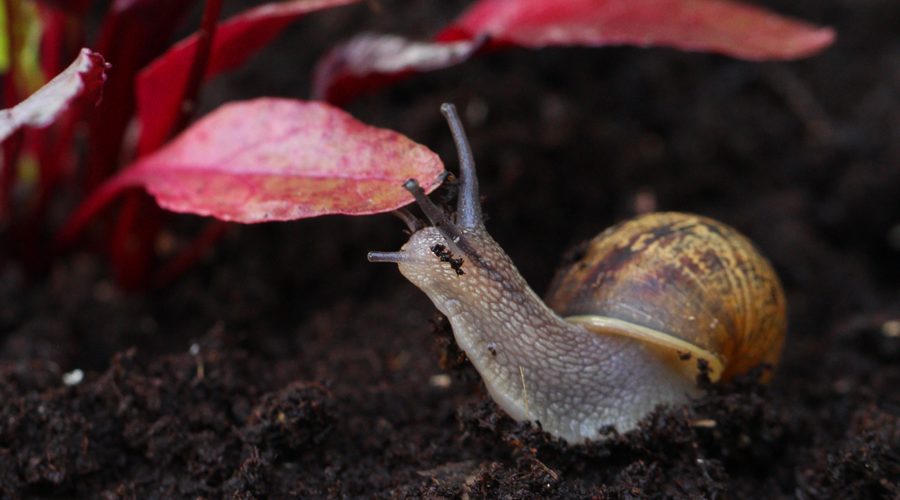Most slug and snail pellets contain metaldehyde, which, in short, is not very good for wildlife at all. We’re delighted to hear that DEFRA is phasing in a ban, meaning that by spring 2020 metaldehyde slug and snail pellets will be a thing of the past.
This really is such good news – these slug pellets have long been recognised as being harmful not only to their intended victims but to birds and mammals as well. They have contaminated water supplies too, with run off from farms and fields ending up in our streams, rivers and seas. We’ve heard interesting statistics in the past, along the lines of “every newborn baby is now born with some metaldehyde in their bloodstream” – obviously these statistics must always be taken with a pinch of salt, but it does give some indication as to the widespread impact of the use of these slug pellets.
There are plenty of other ways to combat slugs, which, on a smaller, home garden scale are quite achievable. We speak about these regularly in our Weekly Veg Out articles, but some of the key methods of slug control include:
- Reducing slug hiding places in the veg patch – stones, pots etc
- Using beer traps
- Creating barriers with grit/egg shells/copper wire and so on
- A dusk slug patrol on damp summer evenings
- Attracting slug-eating animals to your plot, like hedgehogs and slow-worms

